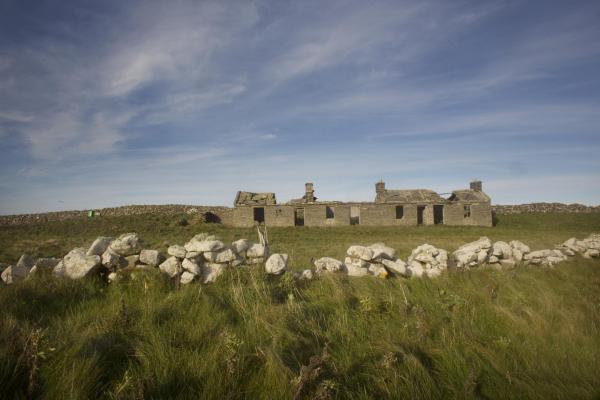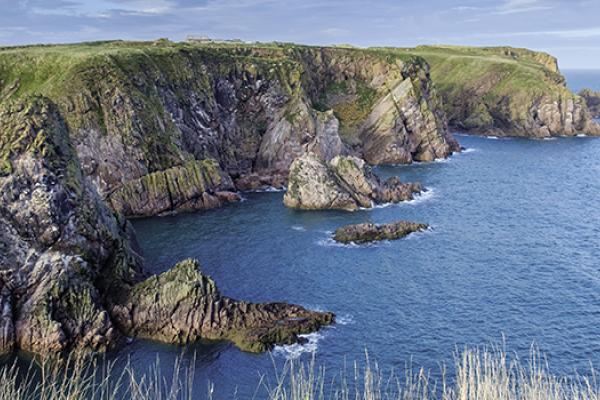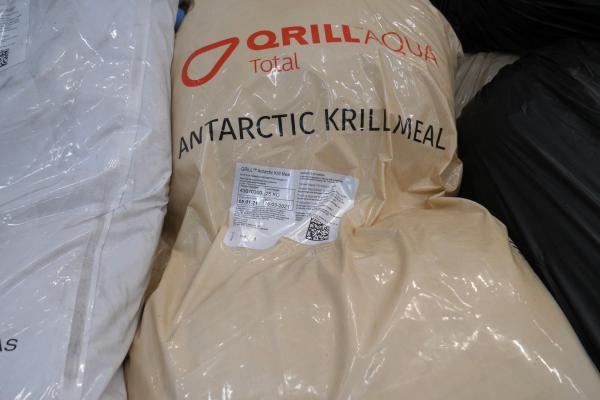The Ferret is Scotland’s leading investigative media and fact-checking platform, producing high-quality journalism for millions of readers, both on its website and across mainstream UK publications and broadcasters.
The Ferret is a registered co-operative with places reserved on the board for both journalists and subscribers.
This hybrid model makes us unique in Scotland and means that when you subscribe to The Ferret you become more than just a passive supporter – people become part-owners of the project and can influence how it will develop. People can also stand for election to our board.
The Ferret was the first publisher in Scotland to be regulated by Impress and we have pledged to uphold the principles of the voluntary code of practice for social enterprise in Scotland.
None of our Journalist Directors are members of a political party and The Ferret is committed to taking a non-partisan approach to everything we do.
All stories are reviewed by experienced journalists before publication and checked by lawyers, when required. Our Reader Directors deal with any complaints.
We operate as transparently as possible and publish reports to provide our supporters with information on progress and how we use our resources.




